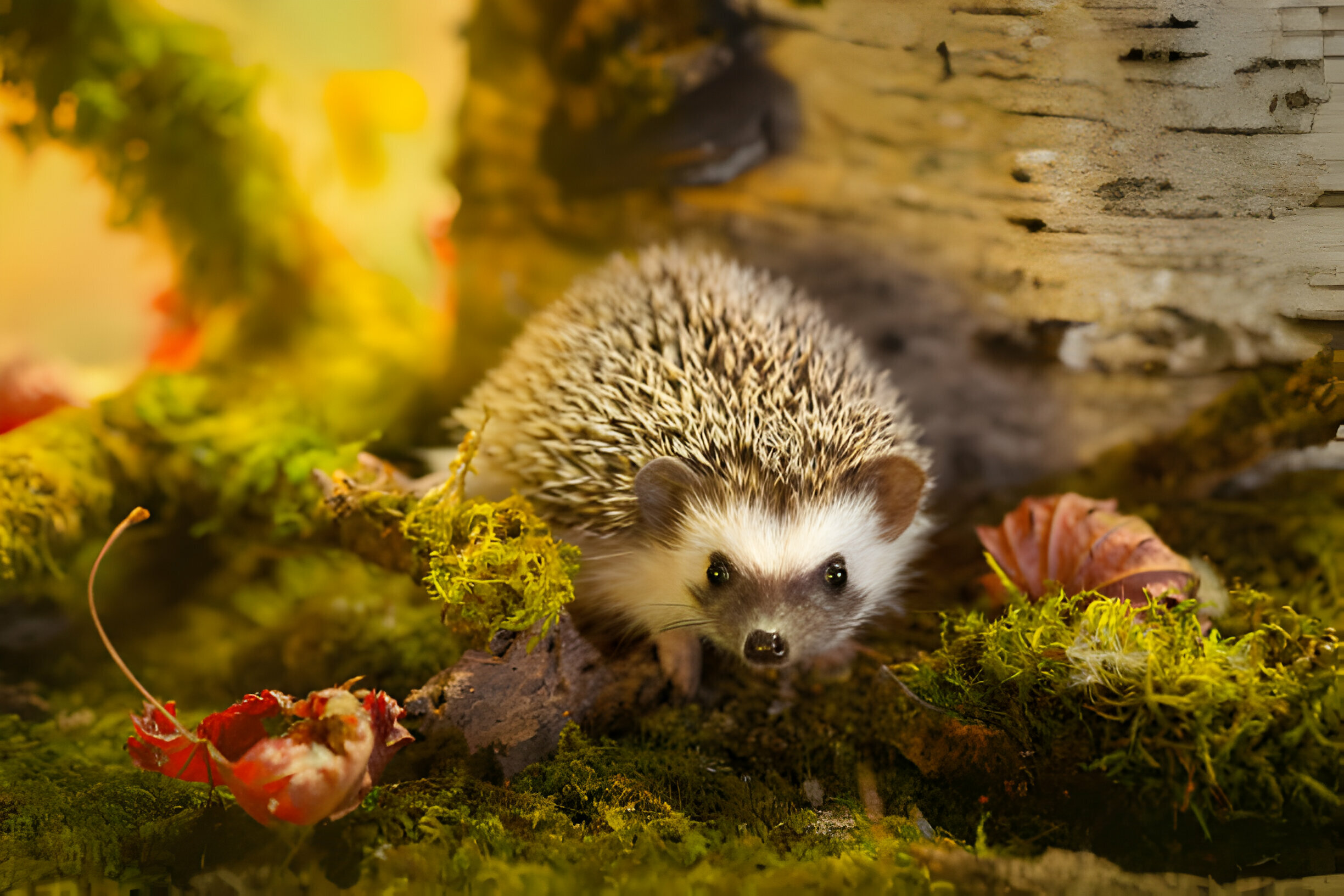Introduction
Hedgehogs, those adorable spiky creatures, often spark curiosity about their reproductive habits. One common question that pops up is, "Do hedgehogs lay eggs?" In this comprehensive article, we delve into the intricate details of hedgehog reproduction to provide a definitive answer.
Understanding Hedgehog Reproductive Anatomy
To comprehend whether hedgehogs lay eggs, it's essential to grasp their reproductive anatomy. Hedgehogs belong to the class Mammalia, indicating that, like humans, they give birth to live offspring rather than laying eggs. This sets them apart from egg-laying mammals, such as monotremes.
Live Birth Process in Hedgehogs
Hedgehog reproduction involves a fascinating process of live birth. Female hedgehogs, known as sows, typically give birth to a litter of hoglets. The gestation period for hedgehogs ranges from 30 to 40 days, and during this time, the sow prepares a nest for the impending arrival of her hoglets.
Nesting Behavior and Maternal Care
Nesting behavior is a crucial aspect of hedgehog reproduction. Sows exhibit meticulous nesting behavior, gathering materials like leaves and grass to create a warm and secure space for their hoglets. Once the hoglets are born, the sow provides exceptional maternal care, nursing them and ensuring their well-being.
Myth Busting: Hedgehogs and Egg-Laying
Despite the prevalence of the question, hedgehogs do not lay eggs. This common misconception may arise from the hedgehog's appearance, leading some to draw parallels with egg-laying animals. However, hedgehogs are indeed mammals with a viviparous mode of reproduction.
Hedgehog Reproductive Cycle
Understanding the reproductive cycle of hedgehogs sheds light on why they don't lay eggs. After giving birth, female hedgehogs may enter a period of postpartum estrus, during which they become receptive to mating again. This cyclical nature of reproduction aligns with typical mammalian reproductive patterns.
Factors Contributing to the "Hedgehogs Lay Eggs" Misconception
Several factors may contribute to the misconception surrounding hedgehog reproduction. Their unique appearance, coupled with limited public knowledge about hedgehogs, might lead to misinformation. Addressing and correcting such misconceptions is crucial for promoting accurate information.
Conservation and Breeding Programs
In addition to satisfying curiosity about hedgehog reproduction, understanding their breeding patterns is vital for conservation efforts. Hedgehogs face various threats in the wild, and conservationists often implement breeding programs to ensure the survival of these charming creatures.
Conclusion
In conclusion, hedgehogs do not lay eggs. Their reproduction involves a captivating process of live birth, with sows providing dedicated maternal care to their hoglets. By dispelling the myth of hedgehogs laying eggs, we contribute to a more accurate understanding of these fascinating mammals.


No comments yet